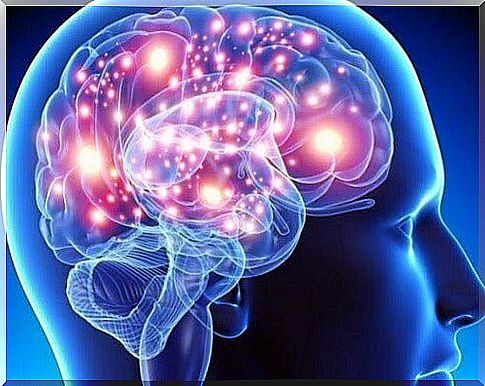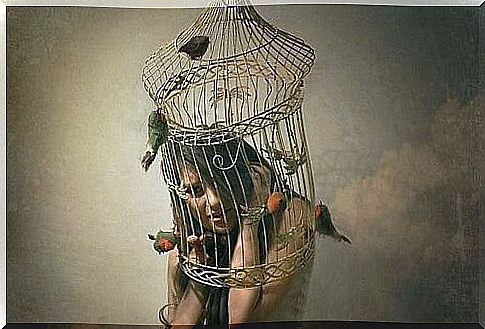Wounds That Do Not Heal: Neuropsychology Of Abuse Of Women
The fight against the mistreatment of women is a task in which we must all get involved.
Recently, UN Women, the United Nations organization dedicated to promoting gender equality and the empowerment of women, established the need to combat sexual violence against women during armed conflicts.
Although we are all clear that men also suffer aggression, humiliation and physical or emotional abuse, according to data from the organization itself, almost 35% of women around the world have suffered some type of violence.
These are figures that impact, there is no doubt, and more so if we go to countries where social or legal protection turns its back on women. A clear example of this is India, where almost 92% of the female population has suffered some type of aggression.
The worst injuries are not always the ones you see on the outside. A blow, a break or a slap is more than an attack on our body. The wound is much deeper. Abuse causes serious neuropsychological sequelae that we will stop to explain to you below.
The impact of mistreatment of women
Currently, there are multiple studies that reveal how abuse affects the brain of children. They are deep traumas whose impact subsequently affects their maturation and emotional balance.
Now … what happens in an adult brain? Violence against women sometimes has a complex and particular component to take into account.
In many cases, we are facing a happy, self-confident person with a good self-esteem who, little by little, abuse is breaking this fabric of emotional health. Of strength.
Far from what many may think, violence can affect any woman, regardless of her status, age, religion or culture (although, in fact, there is a higher incidence in disadvantaged contexts or in third world countries).
An important fact that must be taken into account is that nowadays there are many adolescents who suffer psychological abuse from their partners.
Let us now see in detail how physical and emotional violence impacts the brain of women.
Violence in women and depression
According to a study published in the journal ScienceDaily, women who experience domestic violence for several years have a higher risk of suffering from depression.
- The report was carried out by a group of researchers from the Institute of Psychiatry, Psychology and Neuroscience of King’s College London (England), the Montreal University Institute of Mental Health (IUSMM) and the University of Montreal (Canada).
Abuse in women affects their health and increases the risk of suffering from depression, anxiety or even psychotic disorders.
- The impact of these situations can be aggravated if these women have also suffered some type of abuse or mistreatment in their childhood.
Neurological injuries
When it comes to talking about brain injuries, we must distinguish two basic types:
- The traumatic wounds properly be said, caused by physical assault.
- The cognitive impairment, following the trauma of violence and abuse suffered.
Traumatic wounds

In the first case, neurologists tell us that, in general, physical aggressions related to domestic violence are usually easily identified.
They are direct trauma to the head that can happen on a one-off or continuous basis over time. All of these wounds can be seen on diagnostic tests.
All this causes from memory loss to lack of concentration, a decrease when making decisions, communicating and even a slowdown in physical movements.
Cognitive and emotional marks

We have already seen that physical abuse causes serious consequences that women can carry forever. However, and no less relevant, there are those other brands that affect emotional and psychological balance.
- Sometimes, it is not necessary to have received one or more blows for cognitive processes such as attention, memory or understanding to be seriously affected.
- For example, the level of cortisol in the saliva of battered women has been found to be very high.
- The brain suffers a type of post-traumatic stress so high that it causes not only a very evident cognitive deterioration, but also a feeling of helplessness and marked fear.
In conclusion, all this neural impact inevitably makes that woman, once safe and happy, experience that her whole world is falling apart. They are devastating situations.
It is necessary that we become aware of this reality that, at times, is much closer than we think.
Abuse hurts, hurts, and breaks a woman’s soul and mind into pieces. However, it is necessary to get up again, to re-hope for life with the help of our own and of a society sensitive to this reality.









